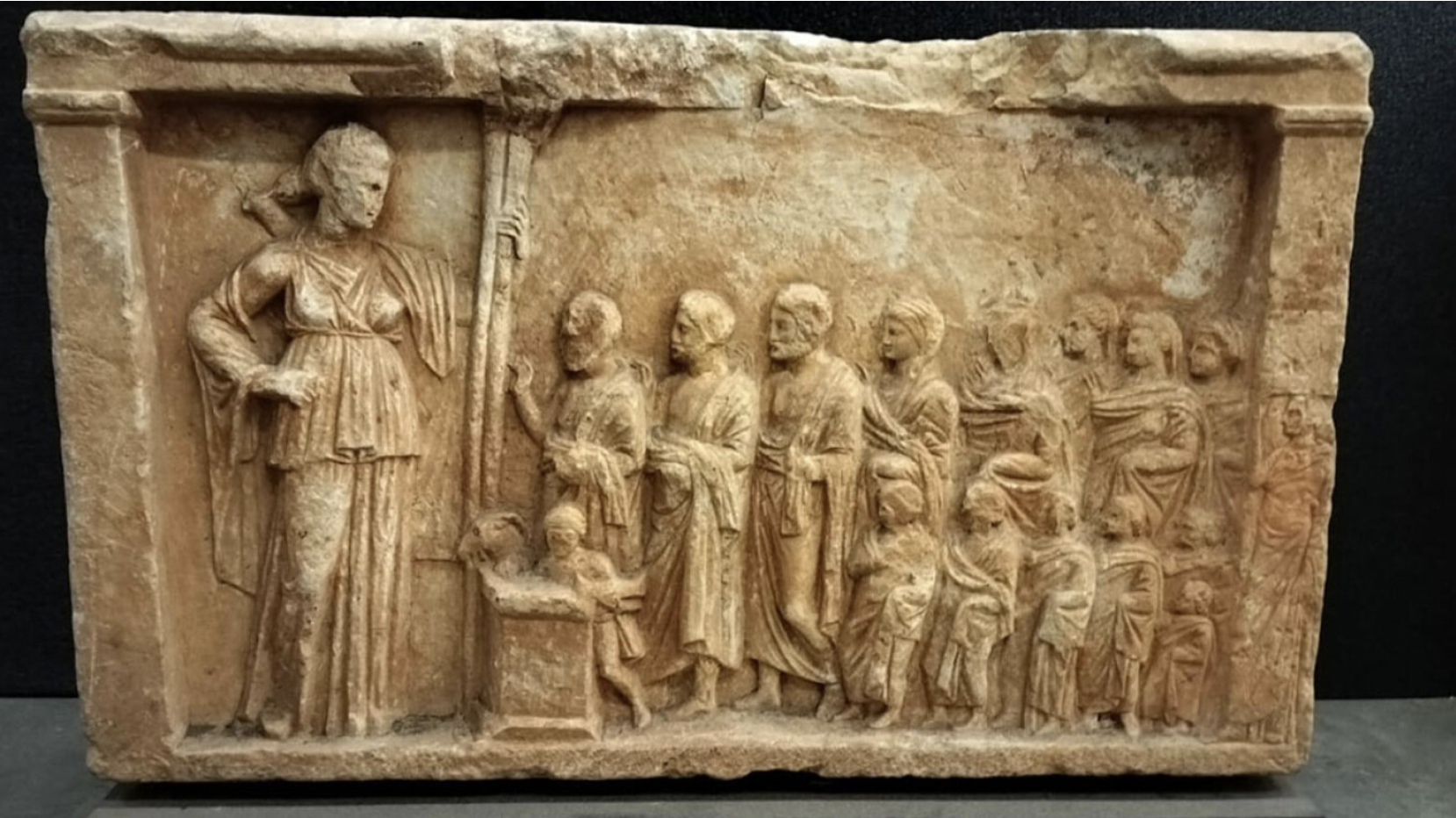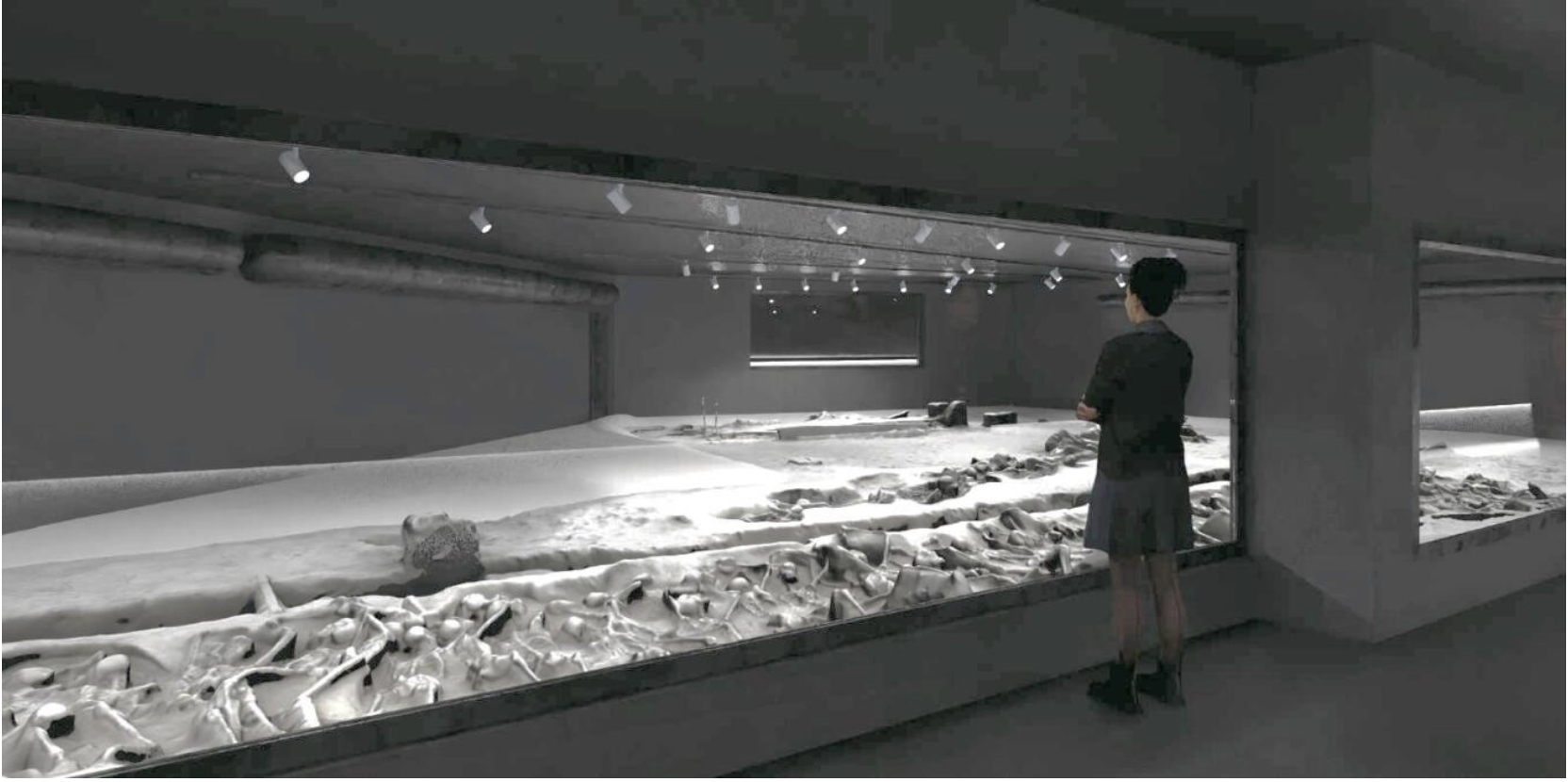On the battle against tax evasion on the occasion of the audit of a party at a villa in Mykonos, the tax returns and the reactions of taxi drivers to the interconnection with POS spoke to ERT, Giorgos Pitsilis.
Regarding the private tax evasion party identified by the ADEA, Pitsilis said it was a “private party in which no tax legality was observed”.
He also sent the message that “we are now becoming more and more literate in the audits we do. We know which door we are knocking on and why we are knocking on it. We have a set of data, digital tools that we are developing and using more and more and the result of this work is what you see (…) At the same time, tax evasion is a phenomenon that does not have one face, there are different versions of it. We are therefore on several fronts at the same time. It goes without saying that at the moment there is a particular focus on areas with tourist activity. But we are everywhere. And everyone should know that we now have tools at our disposal. We are not taking chances.”
On tax refunds from tax returns, he said “we started a process of regularity in refunds last year. Last year we had refunded about 80% of the refunds when the return process was over. This year we are close to 90% of the refunds resulting from returns either directly refunded. Close to 60% have gone to the bank. The remaining 30% has been offset against their other debts and the rest has been done by the tax authorities. We have a very large gap and our statistics are there. There are people who have filed on Tuesday and have gotten their money on Thursday.”
Asked why what might happen in the event that a person has not yet received a refund, the AADE governor replied that “if a person has a debt to the EFCA or something else, many times a refund is not processed for a reason that the citizen may not be aware of. He may not have made a declaration in the past. They may call our call centres, the Centre for Certification and Collection (KE.B.I.S.), the local tax office to understand why they have not received the refund money.”
Reactions of taxi drivers to POS
On the reactions from taxi drivers to the POS interface, Pitsilis said: “Classic cash registers are already almost all of them interconnected now. What is left? What remains are the interfaces with the so-called ERP, with software, that is, with special software, as providers of electronic invoicing, which is a more complex process. We have given a deadline of September 30 for that.
At the same time, we have given a deadline which expired last week to replace some of the mechanisms like the ones you saw in the Paper Dragon business. (…) This fraud scheme uses such mechanisms that we have asked to be replaced, which leave an open door for some program to come in and reduce the data that comes to us. So these mechanisms need to be replaced. Those who have not done so should take advantage of the next few days.” Pitsilis noted that there have been similar vouchers for funding.
“Taxis were put under the obligation to have POS at the beginning of the year (…) and the deadline given to them led us to start doing checks as well. We created several checks and we found with regret in some cases that while most of them have put the POS in place, for various reasons they refuse to use it and even refuse to take customers, citing POS failure, lack of connectivity.”
“The customer has rights. First, he has the right not to pay if he does not receive the receipt. And secondly, he is not obliged to pay in cash. Taxis are obliged to have a card and they are obliged to accept payment,” the AADC director went on to say, stressing that “we will also strengthen controls to see that this procedure is followed.”
Ask me anything
Explore related questions





